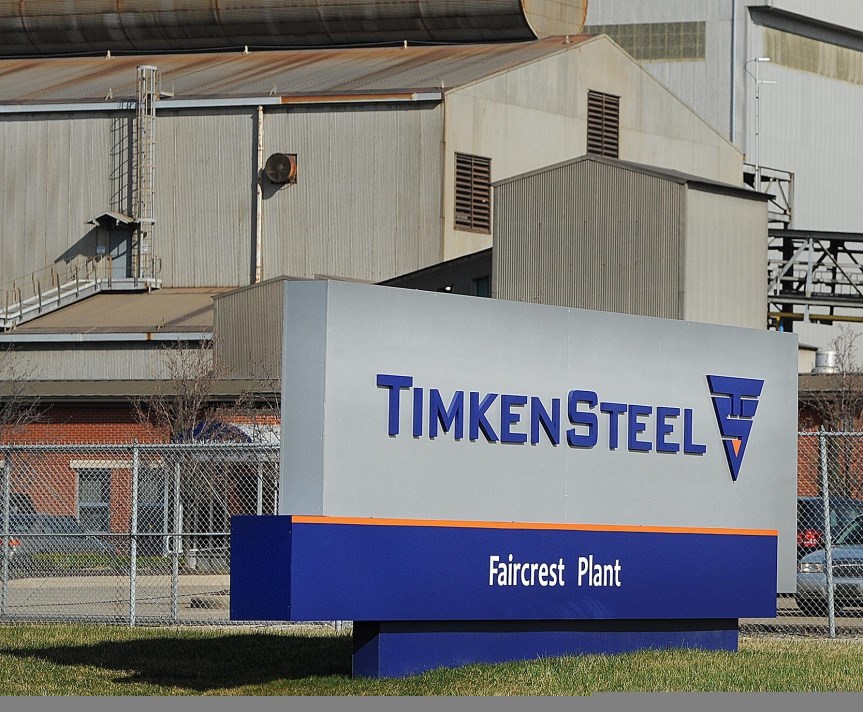Customers across the globe rely on this steel to strengthen their energy-drilling equipment, industrial machinery, rail axles, mining equipment, automotive drivelines and transmissions, agriculture machinery and more. Since the plant’s first 175-ton electric arc furnace poured its initial heat of steel on Aug. 5, 1985, the Faircrest Steel Plant became one of the industry’s most advanced alloy steel manufacturing facilities in the world.
.jpg)
TimkenSteel customizes every product and service they deliver to meet customers’ specific needs. Their focus is on improving performance by addressing the toughest challenges, whether that requires a special bar quality (SBQ) steel bar or seamless mechanical tube, a precision steel component, honing, drilling or thermaltreatment services or a supply chain solution.
.jpg)
.jpg)
.jpg)
Their engineers are experts in both materials and applications, so they can work closely with each customer to deliver flexible solutions related to their products as well as their applications and supply chains. They believe few others in their industry can consistently deliver that kind of customization and responsiveness. They manufacture alloy steel, as well as carbon and microalloy steel, with an annual melt capacity of approximately two million tons.
.jpg)
Faircrest has more than 350 operational associates, producing more than one million melt tons of steel per year. The soaking pits use as much natural gas as the annual consumption of 8,500 homes. In a year, Faircrest melts the equivalent of 1.2 million scrap cars. About 20 football fields could fit under the roof of the Faircrest Steel Plant. The concrete used in the construction of Faircrest could build a 31⁄2-foot-wide (1.1 meters) sidewalk from Canton to the White House.
.jpg)
According to timkensteel








